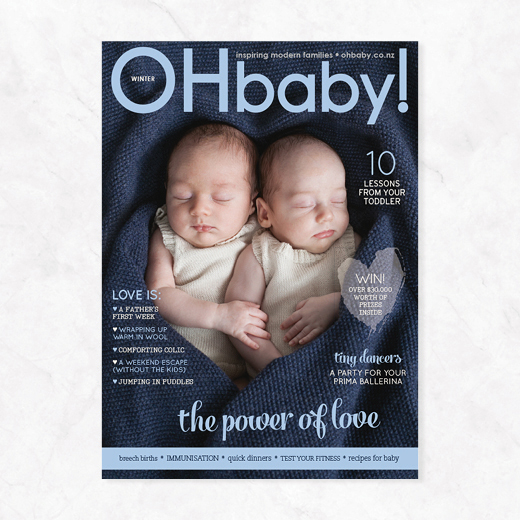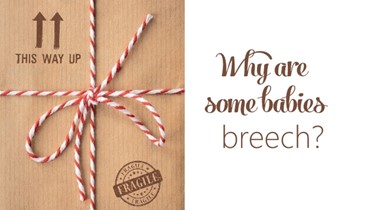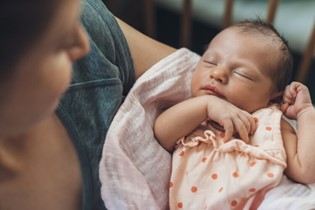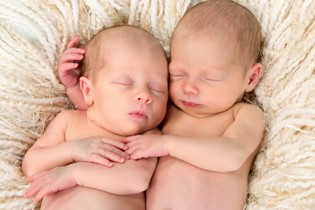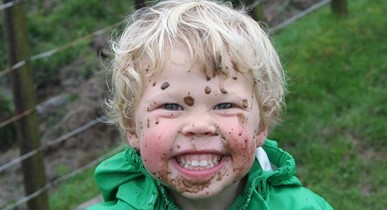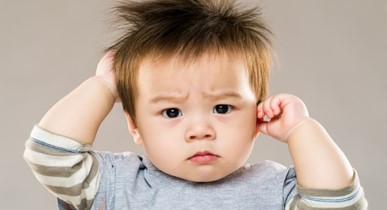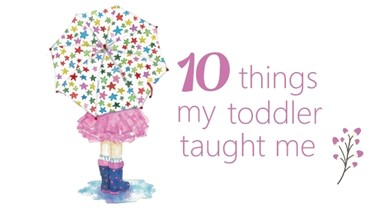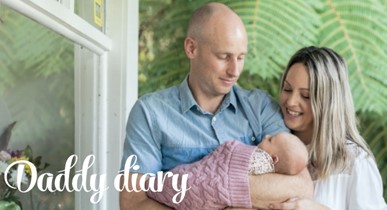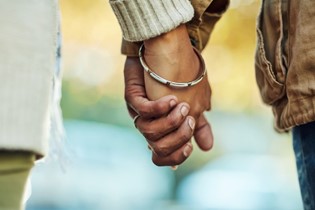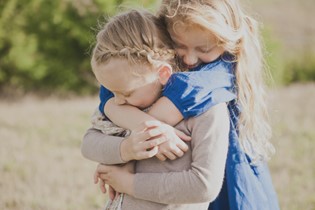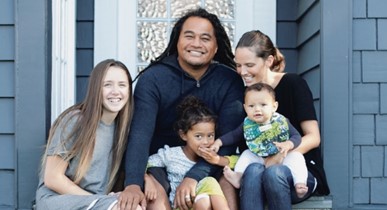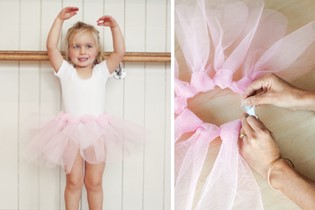Is LOVE all you really need?
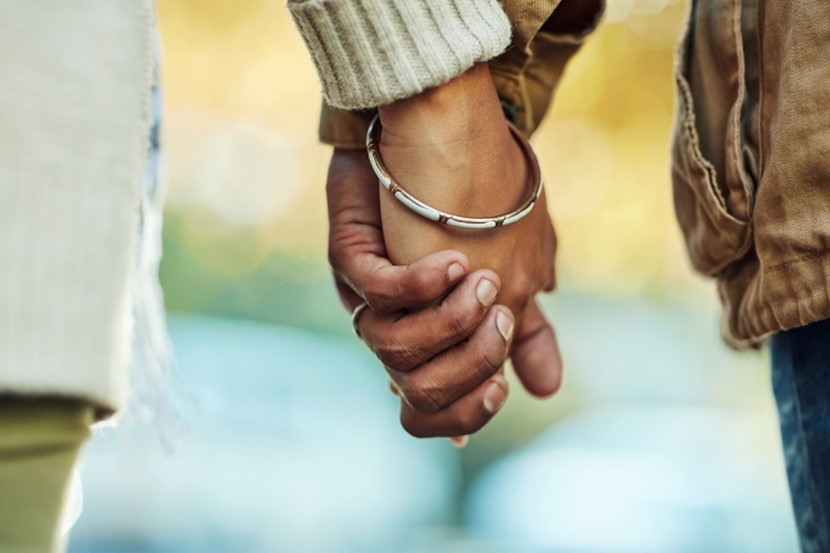
Blockbuster movies, top-selling novels, and chart-topping hits all cash in on love. But love is far from trivial. It is, as counsellor Jenny Sharkey explains, a powerful force we’d do well to harness. The lyric "love is all you need” is not merely a glib sentiment to sing along to. Love genuinely is the core need of every single human being on the planet. We are reliant on love from the moment of conception, the kind of love that gives of itself to protect and nurture another. When our lives lack love they lack a plethora of other good things that go hand in hand with it. Ultimately they lack happiness. We actually need love to find genuine happiness. So, all the catchy pop songs and romantic comedies are correct in part – love makes us happy, and love is the basis of all we need.
Without happiness humans fail to thrive. In other words, when we are happy we reach towards our full potential. When we are unhappy, we spend a lot of our energy simply trying to keep our heads above water. And it’s not really about financial survival either. The studies have shown that more money is not making us happy – it is simply making us more comfortable, and comfort is a small subset of happiness. Without the other big factors that create happiness, comfort alone is not enough.
So what are the other big factors? Throughout history, the golden trio – love, joy, and peace – have stood the test of time.
These are the cornerstones of human well-being, though today we might word these three concepts as: connection, happiness, and a sense of safety. Loving connection with others is actually the foundation of happiness and safety. When we know we are loved, we feel safe, and happiness is allowed to have free play in our hearts.
Love is…
When I was a child, I had a book full of quirky illustrations that all framed a quote: “Love is…”. The pictures were great fun but the descriptions of what love really was didn't offer much wisdom. Fortunately I wasn’t reliant on that little book as the main source of my knowledge about love. Instead, I had the greatest source of information I could possibly wish for right in front of me – my parents.
Having counselled hundreds of people over the years, I’ve come to realise how fortunate I was to be raised by such loving parents who prioritised my happiness and safety. Having two parents who genuinely loved each other, who modelled a healthy partnership, who provided for my needs, and who continued to care for me into adulthood has set me up to be able to pass this same love on to the important people around me. And this passing on of love is where its potency really lies.
The theory of everything
The 'theory of love' is a fairly recent psychological discovery. Never before in history has love been scientifically studied to the extent that it has been in the last few decades. We can now observe, with the benefit of hindsight, the outcomes of years of research and determine how different ways of relating to each other work out over time.
Back in the 1930s, early 'love' theorists (or attachment theorists, as they were then labeled) set about studying monkeys. This was in the bad old days when we had no qualms about abusing animals for research. These gruesome studies discovered that, without regular physical affection and closeness from a nurturing and reliable provider, the baby monkeys failed to thrive or even to survive at all. Even when all their other needs for physical survival were met, the lack of love from one significant other led to rapid emotional and physical demise for the poor babies. Researchers were shocked to discover that, by removing love, they had effectively turned into monkey murderers!
Out of these studies, researchers began to form culture-changing theories of attachment. These theories led researchers down a richly-rewarding path to discover the gigantic influence personal, affectionate, and reliable care of our children has on every aspect of their development, from conception through to adulthood and into old age.
Boys to men
In 1938, the Grant Study was begun at Harvard University in the US. The study followed the lives of 268 men over the course of their lifetimes, right up to the present day. The study investigated a variety of factors predisposing the men to an 'optimum life'.
The recent conclusions of this study are simple and profound.
The men’s individual capacity for intimate relationships predicted their happiness and wellbeing in every one of the factors. The message couldn’t be clearer: love is the root source of happiness, success, and well-being.
Neither the men’s childhood family income, nor the level of their parent’s education, had any significant effect on how well they did in life (and – breathe a sigh of relief – nor did their good looks or intelligence!). What did have a profound and indisputable effect was having a childhood wrapped in warmth and support from their close family members.
Having two parents who stayed together in a warm, supportive marriage also made the likelihood of future financial wealth far more likely for these men.
The reality though is that not all children have had, or will have, this. Is there hope for these ones? Absolutely! For the men in the study, even having just one good relationship in their childhood with a close family member or caring person led to an increase in future income. A single parent who offers consistent warmth and support to their child provides a protective barrier against life’s trials. A grandparent, aunt or uncle, or close caring adult can also do the same.
Take-home tips
So what is meant here by the words: warmth and support? Surely these are the keys we need to understand so we can apply them to our own intimate relationships. Warmth is the definition of whether a person feels comfortable, encouraged, cherished, and enjoyed in another’s presence. Support relates to the other person offering help, a listening ear, resource, time, kindness, and empathy –reliably, consistently, and without condition. These qualities in a relationship begin an upward spiral of happiness, whereas their opposites (negativity, coldness, harshness, defensiveness, and contempt) can start a downward spiral of gloom.
It’s simple really: kindness helps us all to flourish. That’s about all there is to it. Unkindness sets us up to fail. Love is the key.
For better or for worse
As parents we have a very powerful place of influence in our children’s lives. We are opening up a future full of potential and happiness, or, conversely, we are shutting such a future down. But, let’s face it, it’s hard to be a new parent. In fact, it is the most difficult stage of life and marriage you will probably ever walk through. Pressure comes from all directions and the demand to show warm love and support to your children and your spouse can sometimes feel like simply another job that sucks the energy completely out of your body! So let’s consider for a moment all the ways you are already showing love and creating this upward spiral, probably without even thinking about it.
● You get up in the middle of the night and sit there in a stupor while your wee one guzzles down a lovely warm meal. The next time you do this, remember those baby monkeys who didn’t have a mum holding them while they fed. They became deprived of a personal sense of security and value. Just by being there and offering what you have, you are building a blessed child!
● You cheer your baby on to take those first steps and later encourage her to ride her first bike, even holding the back of it before letting her wobble off on her own and inevitably crash over onto the grass. You are building into your little one the knowledge that she can make mistakes to learn and you will be there believing that she can do it. This makes all the difference to her future successes.
● You listen to your new kindy-goer as he tells you what parts of the playground he played on today and which kids did and didn’t join him. You are teaching your child that what he says and feel matters to you. You are showing him the greatest gift of love as you “ohhh” and “ahhh” on the drive home, all the while thinking about the meat you forgot to get out of the freezer for dinner.
These things matter. They matter tremendously and are powerful displays of love which, in turn, teach your child to hope, to love, and to put his trust in life.
The right ratio
As humans, we are always looking for balance. Well, we are actually looking for 'out of balance'. We seem to have a pre-set barometer inside us that says “I can cope with life if the love that comes my way from others outweighs any of the negative responses and reactions by (at least) 5:1”. Researchers have discovered people can survive the inevitable melt-downs, the frustrated comments, the disappointed reactions, the criticisms, and complaints, as long as there are at least five correspondingly-positive interactions in the same time period.
You are creating family culture through your responses to your partner and your children. What is the predominant culture of your household? If you were to write down the main emotional messages in your household, what would the top five be? How does it feel to be part of your family?
Children can handle you not being the perfect parent when they know that, overall, you are their biggest cheerleader and their safest confidant. The same can be said of your spouse or partner. Even if bad things happen, or your family life has moments (or even days!) of disaster, if the bad things are outweighed by the good things, everyone still turns out okay.
Love is a balm that heals a multitude of wounds. This is the key: keep on loving and keep cheering yourself on towards this goal, even in your moments of exhaustion and failure. Keep realigning yourself back to that powerful place of warmth and support towards your family members (and to yourself). Love is all we need and it can literally change your family’s world!
| Jenny Sharkey has been working to help people flourish in their relationships for her entire life. Much of her learning has come from having three (now grown) children and a very patient husband to practise on. She has a Master's Degree in Clinical Psychology and is currently working on her PhD in relationship therapy. |

AS FEATURED IN ISSUE 30 OF OHbaby! MAGAZINE. CHECK OUT OTHER ARTICLES IN THIS ISSUE BELOW
